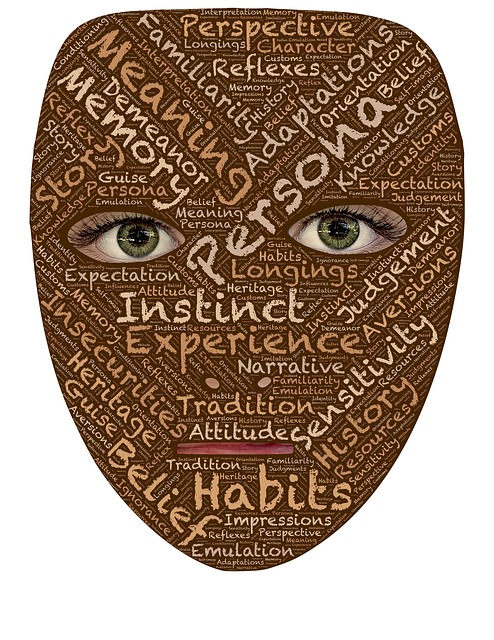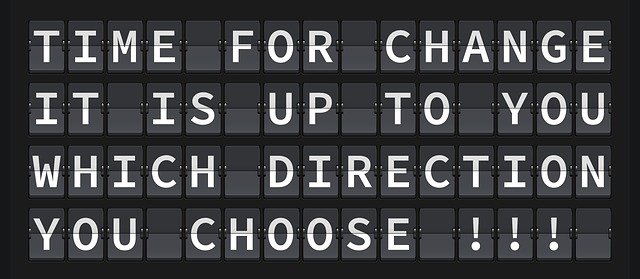Often we are weighed down by our past actions, words and omissions. In Lighter, yung pueblo offers us a way to “let go of the past” in order to expand our future. Central to this lighter life is self-love. To achieve genuine self-love, according to yung, we need to make three core changes to our life – (1) radical honesty, (2) positive habit building and (3) self-acceptance.
In the introduction to Lighter, yung shares his own story – an early adult life of drug abuse. Addiction to drugs became the escape from his inner pain, sadness and anxiety. It was a way to avoid spending time in dealing with challenging emotions and personal hurt. It took yung several years to break the habits that were destroying his life and frustrating the realisation of his potential.
A key turning point for yung was when he reached “rock bottom” physically and psychologically and simultaneously experienced gratitude for all that his parents had done for him. He began asking himself how he could behave the way he did after all the sacrifices, effort and encouragement they provided to help him reach his potential.
For yung, genuine self-love is a prerequisite to achieve our potential and build rewarding relationships. He makes the point that the goal of self-love is not about diminishing ourselves, overlooking the needs of others or considering ourselves “superior” – it involves humility generated by acknowledging that we share “the fragility of the human condition” with others and are highly inter-connected and inter-dependent.
Three core changes to expand our future
The core changes identified initially by yung lay the foundation for moving beyond our present blockages to realise our potential:
Radical Honesty – involves being fully present to our thoughts and emotions. It requires us to avoid suppressing what is unpleasant about ourselves and facing up to our real self – no matter how much it hurts and pains us. It means facing the truth and challenging the lies we tell ourselves about who we are or what we have done. It means being open with ourselves to achieve authenticity. The aim is not to punish ourselves but to honestly and calmly “look in the mirror” without distortion or veils. Radical honesty is a life-time pursuit.
Positive Habit Building – radical honesty helps us to identify our habits that are harmful rather than helpful to our goal of achieving our potential. These may involve any aspect of our life, e.g. angry outbursts with colleagues, failing to listen to our life partner, not having adequate rest or sleep, or eating foods that lead to inflammation. We find these harmful habits difficult to change – they become habituated responses and ingrained over time.
yung suggests focusing on one or two habits that you want to change and consolidate them as habituated behaviour through frequent repetition over a reasonable period, e.g. three months. Trying to achieve habit change on multiple fronts simultaneously can lead to dissipated energy, self-defeat and falling back into old harmful habits. Narrowing our focus can lead to successful change and positive reinforcement in that we will feel better, have a sense of accomplishment and experience “moving forward”, rather than being “stuck”.
Being truthfully present to ourselves is a real challenge. yung found that meditation helped him to progressively achieve a radical honesty that was initially unnerving but ultimately rewarding. He encourages us to find our own path to mindfulness and self-awareness. It could involve yoga, Tai Chi, chanting or any one of a multitude of mindfulness practices. He maintains that once we choose a single focus and practice, we should maintain it as a daily activity to build the desired new habit and realise the benefits.
Self-Acceptance – Inherent in the challenge of developing radical honesty, is the need to achieve self-acceptance, “warts and all”. It is difficult to face up to our frailties and vulnerabilities and to own them, rather than deflect them because they are unpalatable. Failure to accept ourselves, can create a roadblock in our journey to true self-love. It does not mean that we are complacent, but rather that we are willing to identify ways to heal from the past to live more fully in the present and the future.
Self-acceptance may not be an even road – there will be “ups and downs”, progression and regression. We might come up against something about ourselves that we now find repulsive. However, taking these deeper “cuts” slowly and with persistence over time, can lighten our life and heighten our integrity and resilience.
Reflection
Genuine self-love is necessary for lasting, deep relationships. If we can be honest with ourselves and accept our frailties and vulnerabilities, we will be better able to accept imperfections in others and be more willing to acknowledge our inter-connection and inter-dependence. We will be inspired to take compassionate action for those in need.
As we grow in mindfulness, we can develop the self-awareness, courage and resilience to achieve radical honesty, build positive and nourishing habits and achieve a genuine self-acceptance.
Tina Malia, in her mantra meditation, In Sunlight, sings a relevant refrain:
Lead us from illusion to truth
From darkness to light
Note: “yung pueblo” (meaning “young people”) is the author’s pseudonym chosen to acknowledge that humanity is not yet mature in realising compassionate interconnectedness.
_________________________________
By Ron Passfield – Copyright (Creative Commons license, Attribution–Non Commercial–No Derivatives)
Disclosure: If you purchase a product through this site, I may earn a commission which will help to pay for the site, the associated Meetup group, and the resources to support the blog.



